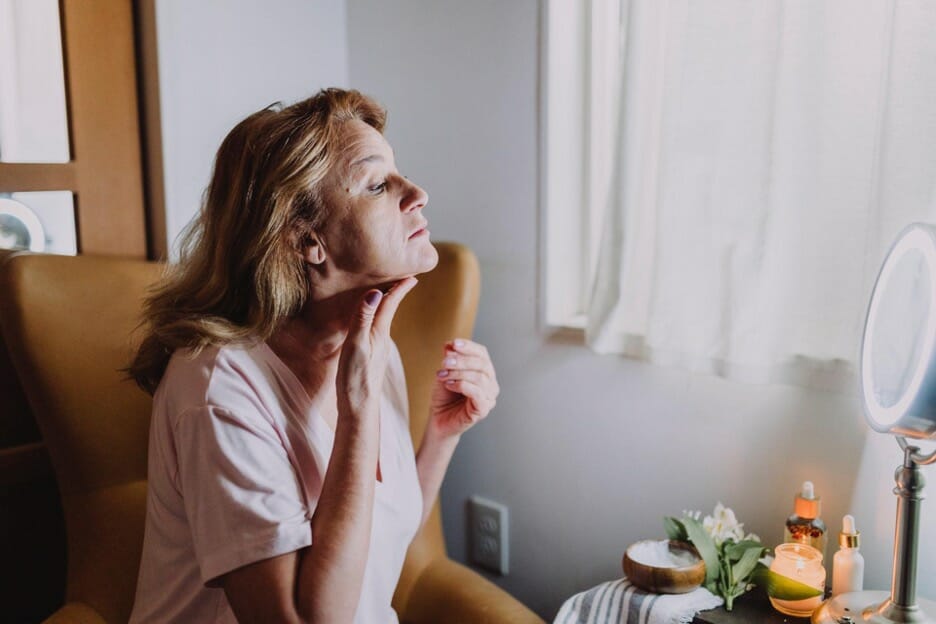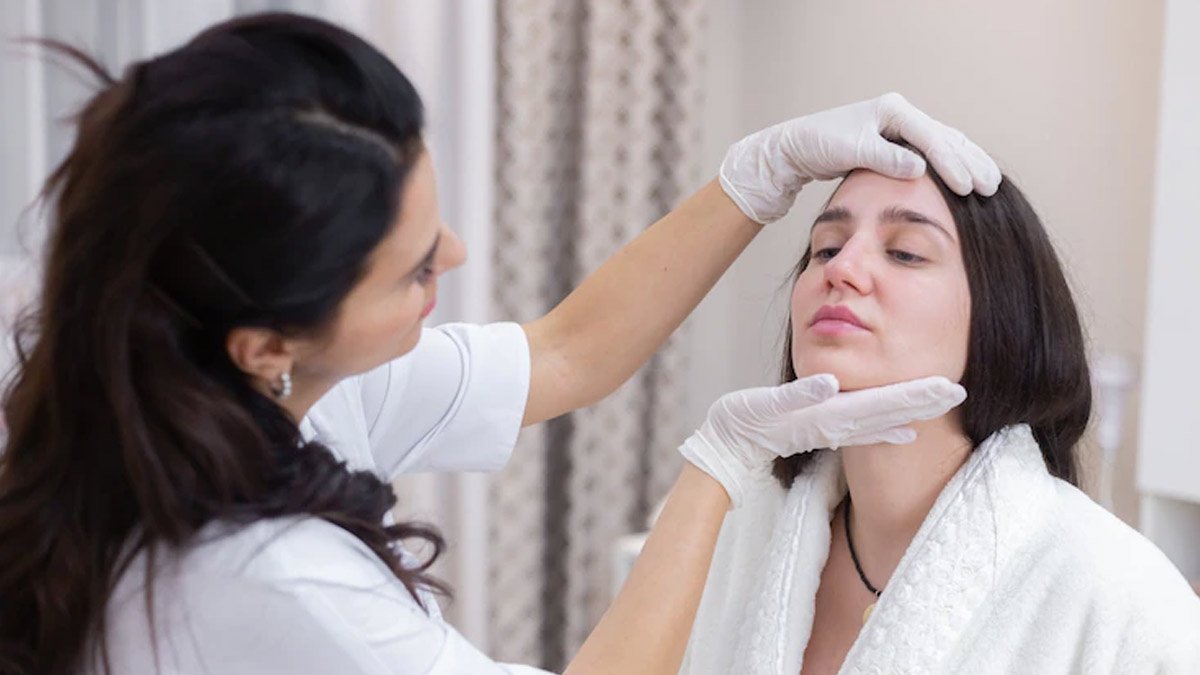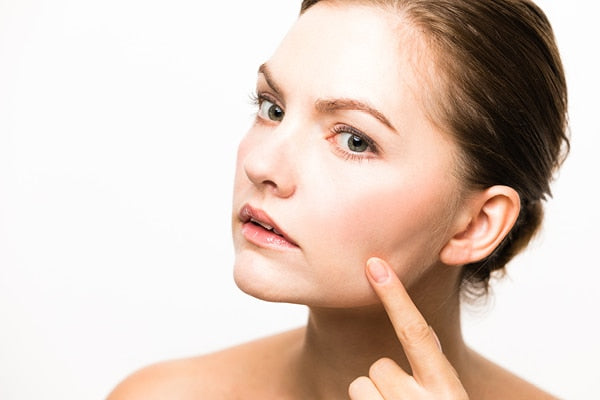How to Treat Psoriasis: Essential Tips for Beauticians
Understanding how to treat psoriasis is crucial for beauticians aiming to provide the best care for their clients. Psoriasis is a chronic condition that can significantly impact skin appearance and overall client wellbeing. As a beautician, you play an essential role in helping clients manage their psoriasis effectively.
This article delves deep into effective strategies and treatments, ensuring youre equipped with the knowledge necessary to aid your clients on their skincare journeys. Whether your clients seek relief from symptoms or wish to improve their skins appearance, a comprehensive understanding of psoriasis treatment is vital.

Understanding Psoriasis
Before you can effectively treat psoriasis, its essential to understand what it is. Psoriasis is an autoimmune condition characterized by rapid skin cell growth, leading to flaky, silver-colored patches on the skin. These patches can vary in severity and may cause discomfort, itchiness, or pain.
Types of Psoriasis and Their Symptoms
There are several types of psoriasis, each presenting different symptoms.
- Plaque Psoriasis: The most common type, presenting as red patches covered with thick, silvery scales.
- Guttate Psoriasis: Often starts in childhood or young adulthood, appearing as small, drop-shaped lesions.
- Inverse Psoriasis: Characterized by bright red, shiny lesions that occur in skin folds.
- Pustular Psoriasis: Features white pustules (blisters of non-infectious pus) surrounded by red skin.
Recognizing Triggers
Recognizing triggers is a fundamental aspect of how to treat psoriasis. Common triggers include:
- Stress: Psychological stress can exacerbate symptoms.
- Injury to the skin: Cuts, scrapes, or sunburn can trigger a flare-up.
- Weather: Cold and dry weather conditions often worsen symptoms.
- Infections: Strep throat and skin infections can trigger or worsen psoriasis.
Top Treatment Options for Psoriasis
Topical Treatments
Topical treatments are often the first line of defense against psoriasis. These treatments are applied directly to the skin to reduce inflammation and clear up plaques. Common options include:
- Corticosteroids: Used to reduce inflammation and itching.
- Vitamin D analogs: Help slow skin cell growth.
- Retinoids: Vitamin A derivatives that reduce skin cell production.
- Coal tar: Reduces scaling, itching, and inflammation.
Phototherapy
Phototherapy involves using UV light to reduce symptoms of psoriasis. This can be done in a medical setting or at home with specialized equipment:
- UVB Therapy: Effective for moderate to severe cases.
- PDT (Photodynamic Therapy): Involves applying a light-sensitizing medication before UV exposure.
Systemic Treatments
For severe psoriasis, systemic treatments that affect the entire body may be necessary. These include:
- Oral Medications: Such as methotrexate and cyclosporine.
- Biologic Therapy: Target specific parts of the immune system.
Complementary and Alternative Treatments
Many clients may be interested in complementary and alternative therapies for psoriasis. These could include:
- Dietary Changes: Omega-3 fatty acids, antioxidants, and anti-inflammatory foods can be beneficial.
- Herbal Remedies: Aloe vera and oatmeal baths may soothe symptoms.
- Stress Management: Yoga and meditation can help manage stress-related flare-ups.
Your Role as a Beautician
As a beautician, you can help your clients by:
- Providing personalized skincare plans that consider their psoriasis.
- Advising on suitable skincare products free from irritating ingredients.
- Encouraging a holistic approach that includes proper hydration and nutrition.
Educating Clients
Education is key in how to treat psoriasis. Share resources and information on psoriasis treatments and encourage them to consult healthcare professionals for follow-up and tailored treatment plans. You can reference Mayo Clinic for reliable information on treatment options.
Practical Tips for Treating Psoriasis
Here are some practical tips to share with your clients:
- Moisturize Frequently: Keeping the skin hydrated can help reduce itchiness and scaling.
- Avoid Scratching: Recommend gentle cleansing products to prevent irritation.
- Choose Breathable Fabrics: Cotton and soft fabrics can reduce skin irritation.
Frequently Asked Questions
1. Can psoriasis be cured?
While there is currently no cure for psoriasis, there are many effective treatments available that can help manage and control symptoms.
2. How can lifestyle changes impact psoriasis?
Healthy lifestyle choices, such as maintaining a balanced diet, managing stress, and avoiding known triggers, can help reduce psoriasis flare-ups.
3. Is it necessary to see a doctor for psoriasis?
Yes, it is essential for individuals with psoriasis to consult healthcare professionals to create tailored treatment plans that suit their symptoms.

Conclusion
Understanding how to treat psoriasis is crucial for beauticians looking to support their clients effectively. By offering personalized treatment plans, educating clients, and being aware of the latest research and alternatives, you empower your clients on their journey to healthier skin.
For further reading on skincare techniques, check out these articles: Detox for Acne, Exfoliation Guide, and Full Body Exfoliation to further enrich your practice.

